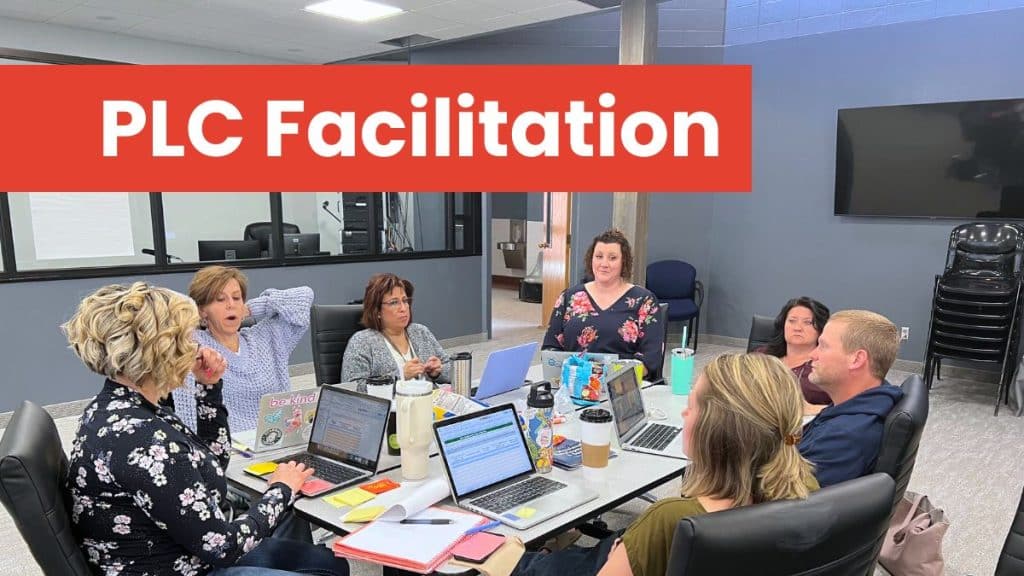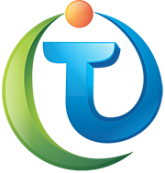In the ever-evolving world of education, Professional Learning Communities (PLCs) have emerged as an essential tool for schools seeking to improve student achievement. PLCs are structured groups of educators engaging in collaborative inquiry, analyzing student data, setting goals, and continuously refining instructional practices. Rather than working in isolation, PLC members share ideas, gain insights, and challenge themselves to grow.
Why PLCs Matter
Implementing PLCs offers a multitude of benefits for school administrators looking to make a difference:
- Enhanced Teacher Collaboration: PLCs transform schools from places of individual practice to centers of shared expertise. Teachers can pool their knowledge, solve problems together, and offer mutual support.
- Focus on Student Learning: PLCs concentrate on the ultimate goal: improving student outcomes. Teachers analyze student progress data, tailor instruction to meet diverse needs, and hold themselves accountable for results.
- Culture of Continuous Improvement: PLCs instill a culture where educators constantly learn and refine their practice. This growth mindset benefits both teachers and students.
Creative Scheduling Solutions
One common challenge for administrators is finding time for PLCs within the busy school day. Here are some creative strategies:
- Common Planning Time: Dedicate blocks within the school schedule for grade-level or subject-area PLCs to meet. This provides consistent time for collaboration.
- Early Release Days: Utilize early student dismissal days for extended PLC meetings. This allows time for deeper discussions and planning.
- Technology Integration: Blended learning models and online tools offer flexibility and asynchronous collaboration outside of traditional meeting times.
- Creative Coverage: To protect PLC time, invest in substitute coverage that allows educators to focus solely on team collaboration. Or, consider large-group learning activities like STEM that combine classes to free up educators to participate in PLCs.
Embracing PLCs for Success
While implementing PLCs requires planning and commitment, the results are well worth the effort. By fostering a collaborative, data-driven, and results-oriented environment, PLCs empower educators to enhance learning for every student. Administrators who support PLCs invest in the long-term professional growth of their staff while directly impacting positive change in the classroom.

Featured Training
Our expert facilitators are available to help you implement a standardized, results-driven approach that will lead to success in your school’s PLC process. Let’s work together to support your school’s goals. Email Kyle at klaughlin@bhssc.org to start the conversation!
